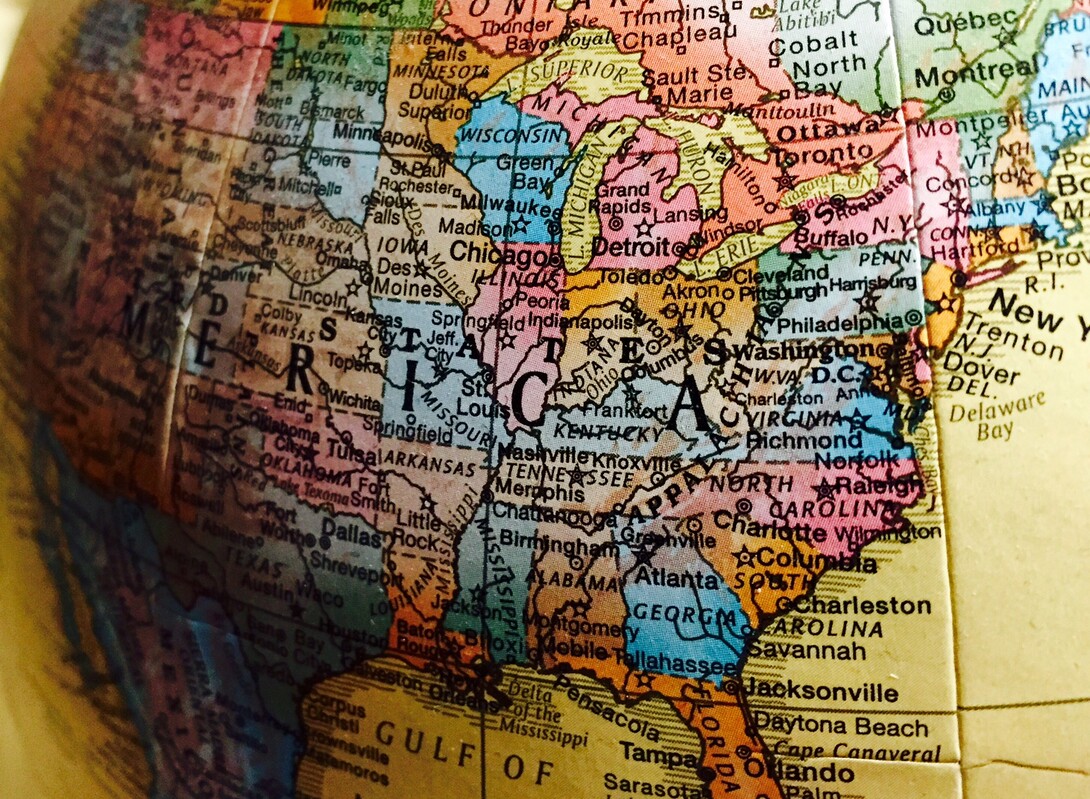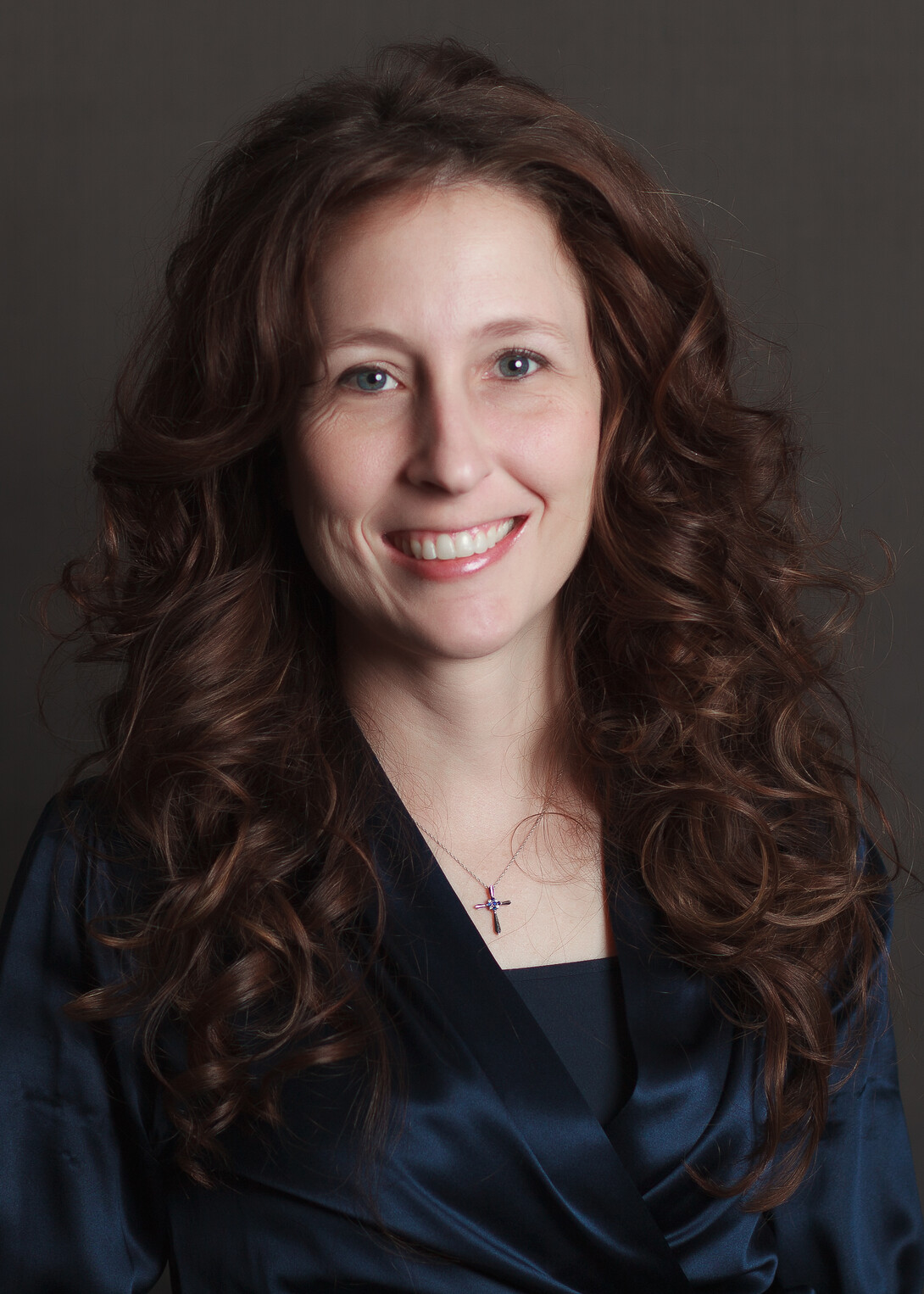
As the 2016 presidential campaign begins to heat up, it’s tempting to look at polls and horse-race media coverage and assume that what is true in January will be true in November.
But with caucus and primary season finally about to begin, University of Nebraska-Lincoln political scientists emphasize that it’s actually the end of the beginning of the presidential race, not the beginning of the end. And, because issues are fluid and because voters are notoriously fickle, making assumptions about the final White House matchup is a precarious proposition.
“One of the things we know about voters is they tend to have, in terms of politics, very short attention spans,” said Dona-Gene Barton, an associate professor of political science at UNL. “What’s important and what’s relevant at the moment is changing.”
Barton specializes in public opinion and political psychology. She has studied the lifespan of political information among voters.
She said that a typical voter holds on to most information for about a week or less. Since primary elections stretch well into the spring, anything happening in January most likely won’t stay relevant to voters’ choice down the road.
“The types of information that have a really lasting impact, that voters tend to latch on to, are candidate characteristics and qualities,” Barton said.
In the 2016 election cycle, candidates so far have been contrasted their leadership style with President Obama, often invoking anxiety regarding the Islamic State and the threat of terrorism.
Barton said the role of fear in this election is unsurprising.
“Candidates know how effective fear is in motivating voters and so you see it very widely used every election cycle,” Barton said. “When voters are anxious, they are more likely to seek out political information.”
But that can backfire, too. Ingrid Haas, assistant professor of political science at UNL, who studies fear and uncertainty and their effects on political behavior, said fear isn’t always a motivator for voters.
“Fear is tricky because it can lead to avoidant behavior as well, which could decrease voter turnout,” Haas said.
What tends to motivate action is anger, Haas said – which may help explain the rise of current Republican frontrunner Donald Trump.
“Anger is a negative emotion that motivates approach behavior,” she said. “If people are feeling afraid and angry, that could increase turnout, because that gets people fired up. I think people are attracted to Trump’s anger and his rhetoric.”
Barton said research has shown that negativity and incivility in political campaigns can be damaging to the attacker, voters find it engaging and they say they’re more likely to watch that kind of information.
“Voters find it entertaining,” she said, but cautioned, “it doesn’t necessarily translate to votes.”
Haas said she would be watching the primaries closely to see if Trump’s supporters go to the polls in the same big numbers they’ve been showing up recently to his campaign events.
Trump supporters often state their low trust in government and declare they are not “traditional” Republicans, Haas said. Research tends to suggest a lower degree of political engagement on Election Day among groups with these characteristics, she said.
“It will be interesting to see to what extent Trump supporters vote in the primary elections,” she said.
Regardless of what polls are showing today, both the political scientists said any number of variables could turn the election on its head.
“People can change their minds when different issues become salient,” Haas said. “We’ve seen some of this start to happen last fall, but voters’ preferred candidates will become much clearer as primary season starts.”









